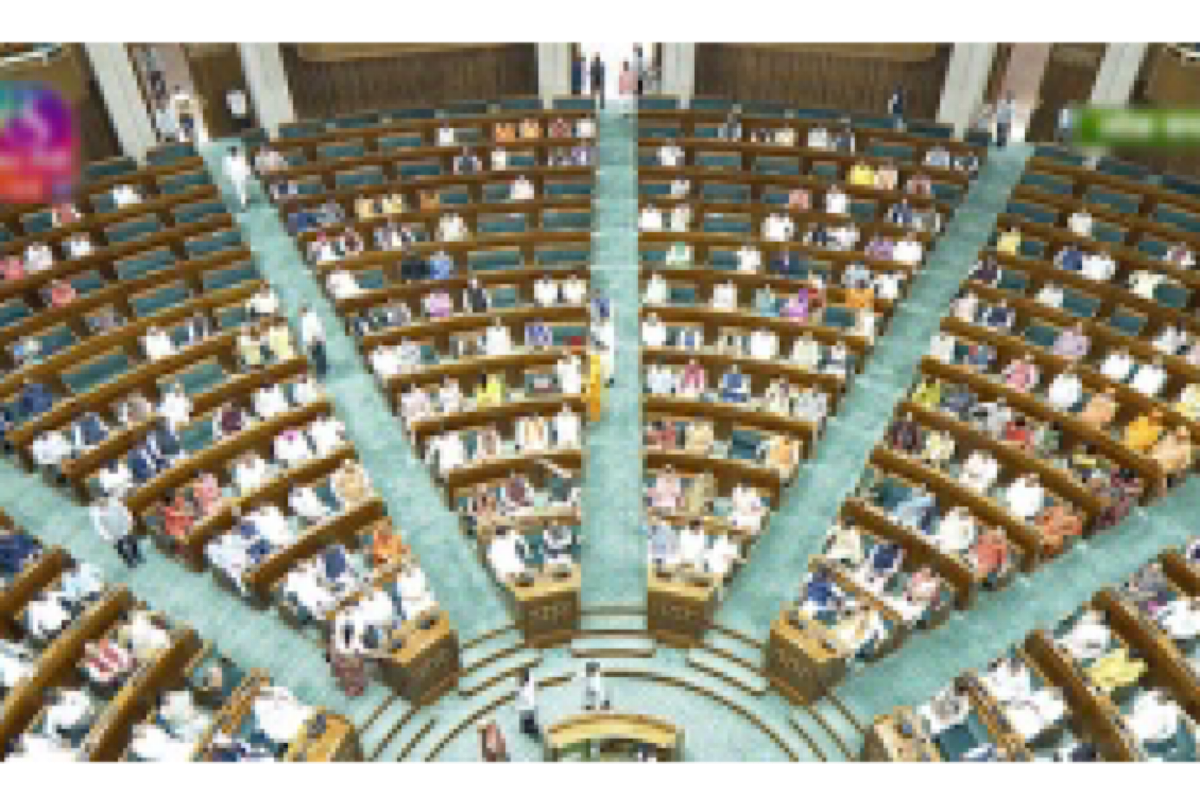The passage of the Women’s Reservation Bill marks a triumph that is layered by delay at two stages first, in bringing the legislation to fruition and, second, in its implementation. Thus, women will have to wait a few more years before the glaring gender imbalance in the Indian polity is addressed. Undoubtedly, the legislation represents a significant step forward as it reserves 33 per cent of seats in Parliament and state legislatures for women, a move that reflects the nation’s commitment to empowering women in decision-making positions. The requirement for a nationwide census in 2026 followed by delimitation of seats in the Lok Sabha and state assemblies, means that the Bill will not become reality until the 2029 Parliamentary polls. Opposition parties have criticised this extended timeline, arguing that there was no valid reason to wait so many years.
Their frustration echoes a sentiment shared by many gender activists who believe that the legislation could have been implemented much sooner, perhaps even aligned with the Lok Sabha elections in 2024. The essence of this disappointment lies in the fact that there was no hindrance to prevent the bill’s immediate implementation. The census and delimitation exercises, while important, need not be roadblocks.
Advertisement
A more expeditious approach could have been taken to ensure that the aspiration of women to get legislative backing for their desire to participate in politics more actively was not deferred because of other processes. The frustration over the timeline is not just a matter of political convenience but also a reflection of the urgency to address gender inequality in the political arena. The Indian electorate has shown increasing participation by women in recent elections, with women voters outnumbering men in the 2019 Lok Sabha poll. This rising engagement of women in the democratic process underscores the need for prompt action to bridge the gender gap in legislative representation. The legislation, if implemented earlier, could fuel this momentum and provide women with an immediate platform to make their voices heard.
Criticism of the timeline highlights a missed opportunity to expedite gender equality in Indian politics. To that extent, the dismay among women is understandable; but not so much the criticism of political parties, for nothing stops them from picking women in far greater numbers than mandated by law. That said, the resilience of Indian women in their pursuit of an effective legislative presence should not be overshadowed by timelines, especially when it is clear that the census exercise will be mired in controversy because of the demand raised in several quarters for a caste-based enumeration. Well begun is half done, but it is difficult not to worry whether six years is just the length of time an essentially patriarchal society needs to regroup.











